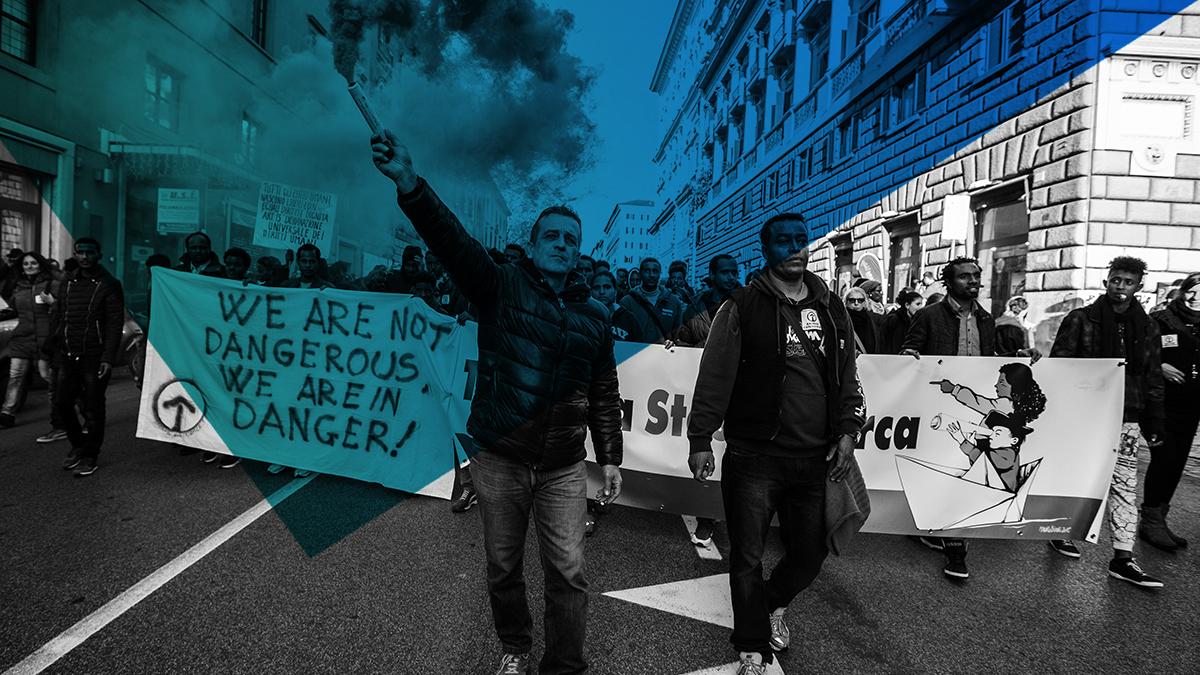Luar biasa! The results of the 2017 Edelman Trust Barometer Indonesia Report are noteworthy, even extraordinary, in how they differ from the global results.
We have heard of the enigma that is Indonesia, of its collectivist and protectionist mind-set, and the sense of unity and multiculturalism that renders this nation at once beguiling yet misinterpreted.
The largest economy in Southeast Asia is also home to the world’s largest Muslim population, and is moving towards increased transparency, robust debates, and public demonstrations.
71 percent of Indonesians now trust the government, a massive 13-point increase coming off the trust deficit last year.
With Joko Widodo, or Pak Jokowi as he is fondly called, entering his third year as President of the Republic of Indonesia, the administration seems to have found its footing and assertiveness. And the results point to the majority of the Indonesian people embracing his vision of ‘Bhinneka’ and ‘Kemerataan’ – translated into National Unity and Equality.
Bucking the global decline of trust in 21 of the 28 countries surveyed, Indonesia registered a 7-point increase in average trust among the general population this year. The President’s populist policies focused on providing equal income opportunities and social infrastructure have resonated well. Seventy-one percent of Indonesians now trust the government, a massive 13-point increase coming off the trust deficit last year.
The investigative and robust reporting from the fourth estate helped reclaim its influence and integrity, and in the process close the trust deficit from last year with trust in media rising 4 points to 67 percent. Nevertheless, there is still some skepticism as most large media groups are owned by political heavyweights aligned to differing interests. In the most social of countries, the power of influencers through social and digital media should not be underestimated.
As the informed public advance their cause and interests through intimate networking and behind the scenes alliance building, the mass population have counted on the support of the NGO community to defend and protect their rights. And the NGOs have come out swinging. Contrary to the trust levels in NGO’s globally, Indonesians have thrown their lot behind the NGOs here with trust levels rising 7 points to 64 percent. This is also perhaps a manifestation of the frustration and distrust of the people towards their elected representatives to truly represent them, and not for their own interests. The litany of daily corruption cases involving senior politicians exposed would lend credence to this.
Finally, business as an institution continues to gain trust from the local populace. Seventy-six percent of Indonesians trust business, outpacing neighbors Singapore and Malaysia by nearly 20 points. The interesting dichotomy here is that while business as an institution continues to gain trust, CEO credibility has taken a dip – by 6 points to just 51 percent and mirroring the global decline in all 28 countries surveyed. This is clearly a time for CEOs to come down to the ground, engage transparently with employees, customers and communities, and be seen to champion profit with purpose.
It is crucial to note that while focus on the wellbeing of the mass population, structural economic reforms, and populist policies have resonated well, fears remain around the level of corruption and the impact of globalization upon the wellbeing of the country. That will be the story to watch in 2017.
Raymond Siva is CEO, Edelman Indonesia.


